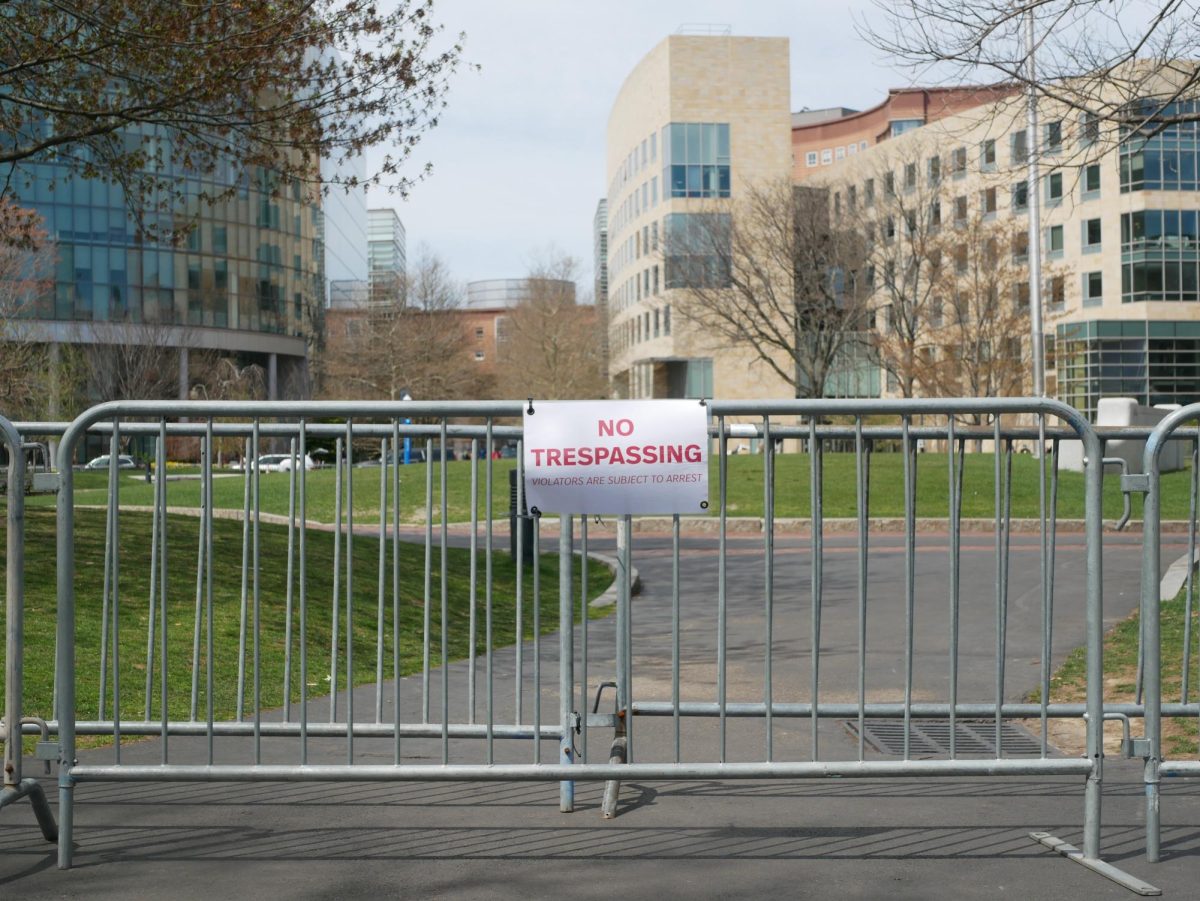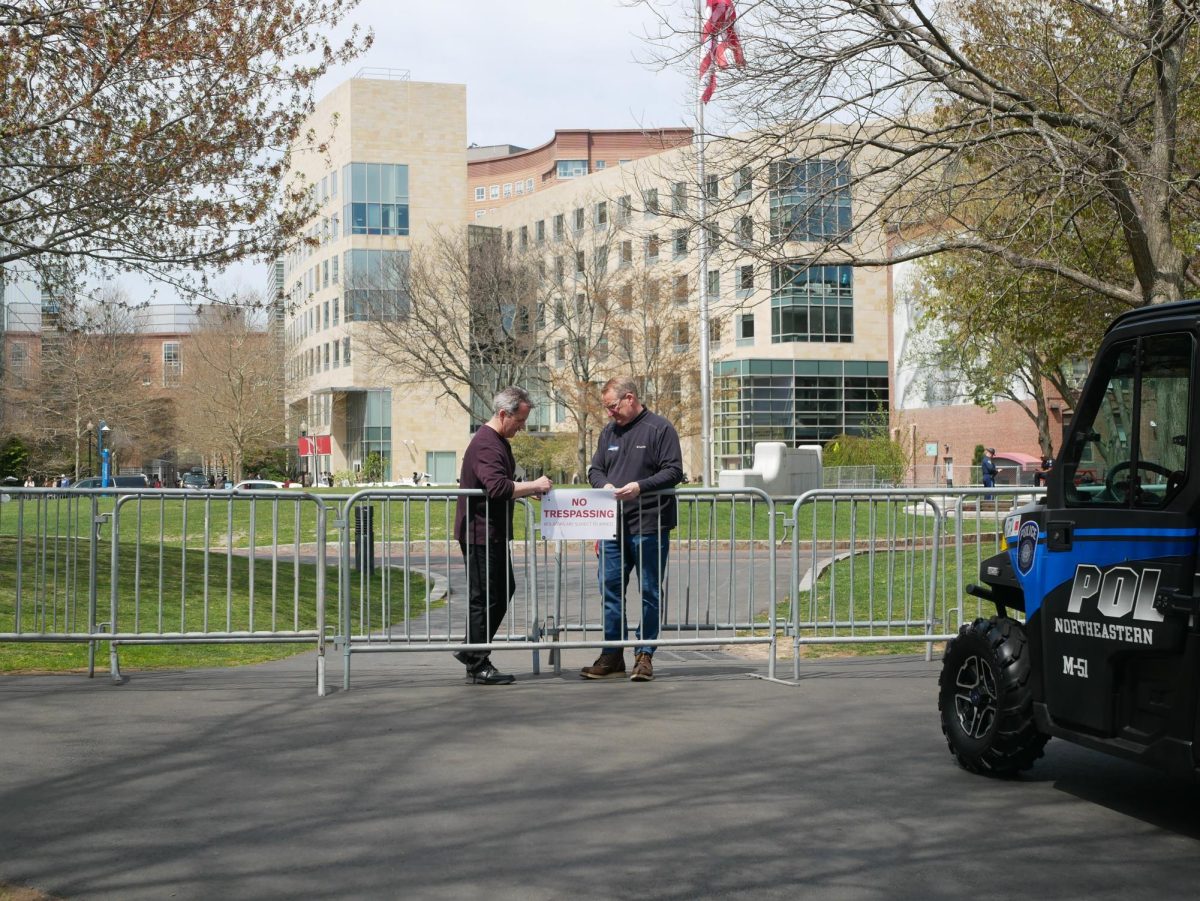Several Arab regimes have been gradually losing legitimacy and credibility, as have scholars and historians of the Arab world, Middle East and Islam who have been intentionally or unintentionally feeding us naïve notions and analyses of the region and its people. While scholars of the Arab world have resigned themselves to the belief that major changes in the region can only come from the outside, and particularly from Europe and the United States, scholars of Islam have been asserting time and time again that only Islamists such as the Muslim Brotherhood in Egypt and Jordan could pose serious challenges to the entrenched Arab authoritarian regimes. Even I had an inkling about a change that would transcend the familiar ideologies of pan-Islamism and pan-Arabism which I outlined in my article “Would Pan-Islamism go the way of Pan-Arabism?” published on Middle-east-online.com. Even when popular revolutions led by Arab youths erupted in Tunisia, Egypt, Bahrain, Yemen, Libya and now spreading to Syria, Jordan and beyond, these scholars still fail to acknowledge their having missed the boat as far as understanding the dynamics permeating Arab societies are concerned. They, in a last ditch efforts to co-opt these unanticipated youth movements, have even come up with several designations to capture the essence of such sweeping uprisings including “Arab Spring,” “Arab Jasmine Revolution,” and “Arab Nahda,” which means Arab Awaking or Renaissance, just to name few.
Whereas calling Arab revolutions jasmine and spring are attempts to view them as basically duplicates of movements that engulfed Eastern Europe following the fall of the Berlin Wall in November of 1989 and the implosion of the Soviet Union and by extension Communism in December 1991, calling them Nahda is intended to give the impression that what we are witnessing all over the Arab World is simply a resurrection or an extension to the Arab Awakening, despite the obvious differences in the nature and circumstances surrounding each movement. In essence, the early Arab Awakening was a reaction to the 1878 Napoleonic Invasion of Egypt, which initiated Western colonization of most of the Arab World and the Ottoman Empire’s 19th reforms (Tanzimat) that allowed for limited constitutional measures and political participation in its Arab provinces, and most importantly, in Egypt.
Since the Tunisian vegetable vendor Mohamed Bouazizi set himself on fire to protest against his being incessantly humiliated at the hands of the Tunisian Police and consequently lit up the fuse of a statewide eruption of popular uprising, I have been searching for a word or a phrase that could capture the nature of such unprecedented transformation in people’s minds. Then it dawned on me what better to describe this spontaneous reaction triggered by the plight of an ordinary man than the phrase “The Return of Consciousness,” or “’Awdat al-Wa’y” in Arabic. This phrase was originally coined by the Egyptian dramatist and novelist Tawfiq al-Hakim as the title for a book describing the authoritarian nature of the Egyptian regime under the late president Gamal Abdel Nasser. What happened in Tunisia was in fact due to the return of the Arab people’s consciousness, which enabled them to break the chains of bondage and break down the walls of fear erected by unconscionable and brutal regimes. Bouazizi’s humiliation at the hands of the Tunisian police mirrored the humiliation of the Tunisian people and by extension all Arabs at the hands of their despotic rulers. The debasement of his dignity led to the indignation of his countrymen and Arabs in North Africa and the Middle East. A spark from the fire that consumed his body ignited the revolutions that are now spreading like wildfires throughout the region.
– Fathi El-Shihibi is a 1990 graduate of the College of Arts and Sciences and an adjunct lecturer in the Philosophy and Religion department.













